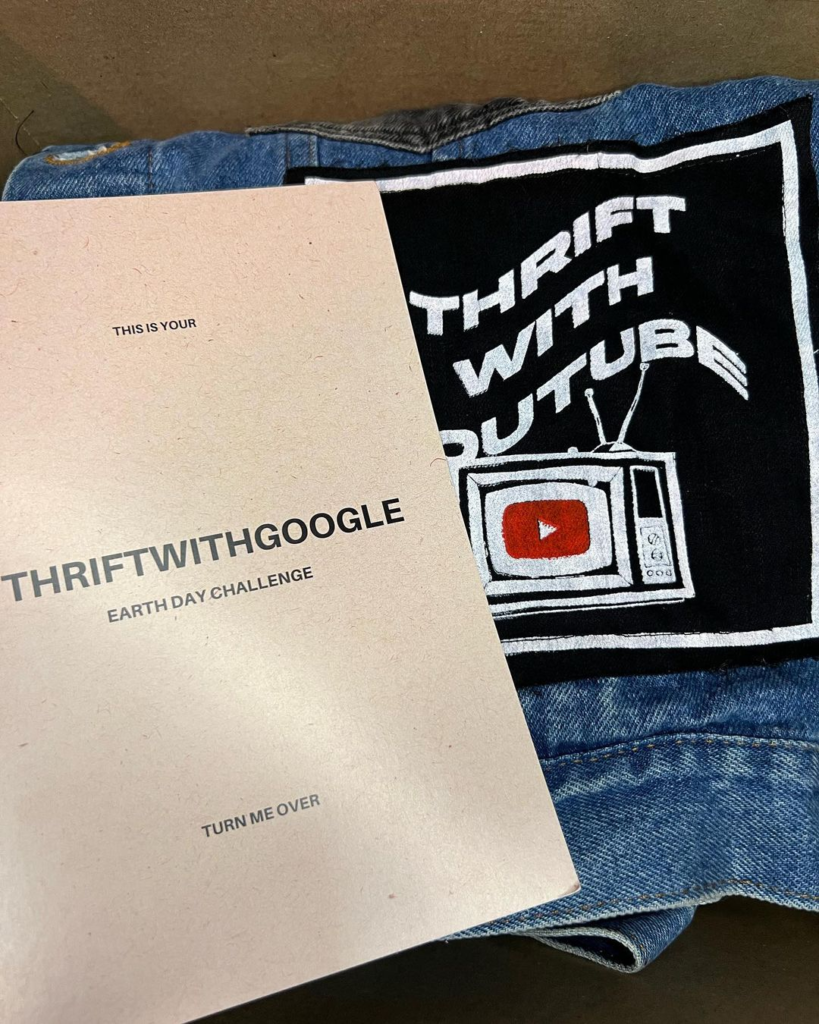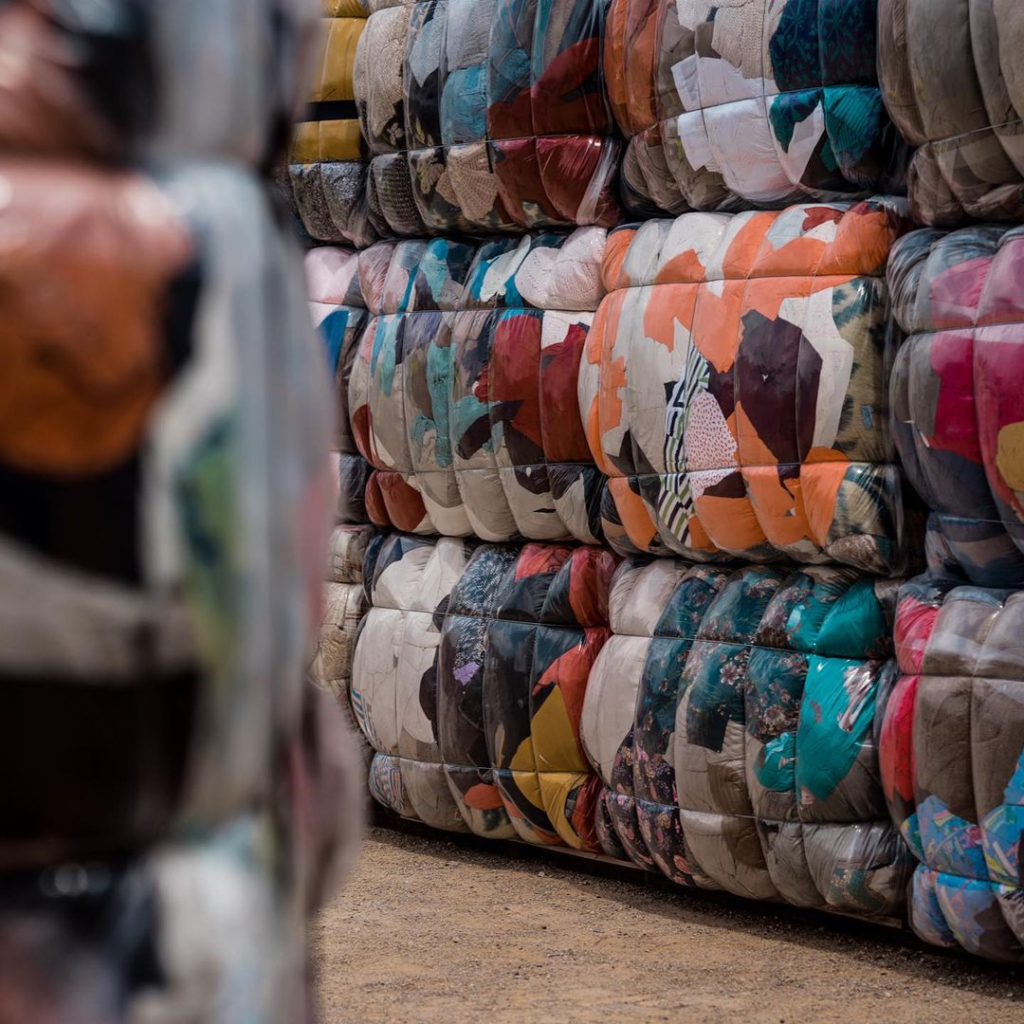The NEST Collective, a Nairobi-based art group, has created an installation named “Return to Sender” that addresses the issue of textile waste and the negative consequences of fast fashion. This exhibition comes just days after Earth Day. Many influencers have been receiving PR packages from Google to promote sustainability in the fashion industry.

Western countries, after buying their designer clothes wear them for a while and then dump them as “mitumba”, as it is called in Kenya, in Africa. This is precisely why this installation is of great importance to Africa.
“Return to Sender” raises important questions about the role of cultural organizations, such as Google, in promoting sustainability and reducing waste on our beautiful continent. Let’s not forget that blue-chip companies, aside from Elon’s organizations, are responsible for at least 70% of the world’s total waste.
The project criticizes the West’s influence on environmental degradation, urging consumers to be aware that cheap clothes constitute not only an environmental problem but also a political one. The wealthy West continues to dump its waste in the Global South and poorer countries, causing negative consequences for both the environment and the people living there. Return to Sender is a call to action for consumers to reconsider their purchasing habits and for policymakers to promote sustainability practices and environmental awareness.
The work consists of a pavilion made of bales of used clothing, the majority of which ends up in landfills in Africa, creating a major environmental problem. The installation is on display at the Esplanade of the Stavros Niarchos Foundation Cultural Center (SNFCC) in Athens, Greece, from April 26 to September 30, 2023, and is made possible through a grant from the Stavros Niarchos Foundation (SNF).

The installation alludes to a dystopian waste landscape and echoes the uncontrolled consumption in the Global North. It also highlights the stringent regulations that have forced the movement of waste materials to the Global South, creating the business and headache of less industrialized nations. A significant amount of textile waste comes to Africa. With up to 40 percent of each bale of imported second-hand clothes being unusable and taken straight to landfills, incurring high overheads on the risk of a useless bale. The installation aims to raise awareness of the negative consequences of fast fashion and the environmental and political problems created by dumping waste in the Global South and poorer countries.
The project, commissioned by the Stavros Niarchos Foundation Cultural Center and the National Museum of Contemporary Art Athens explores the complicated situation of mostly second-hand textile waste in Kenya and Africa. The project aims to highlight the importance of public life and dialogue while examining key issues of our times, such as democracy, governance, equity, economics, the environment, and the effects of globalization. The NEST Collective specializes in film, music, fashion, visual arts, and literature, designed to engage multiple audiences and important contemporary issues in Nairobi, Kenya.
The “Return to Sender” installation by the NEST Collective is an important commentary on the negative consequences of fast fashion and the West’s influence on environmental degradation. The project raises awareness of the issue and promotes sustainability practices and environmental awareness. The work also calls for consumers and policymakers to take action to reduce the negative impact of textile waste and promote sustainability practices.
The installation is an important and commendable contribution to the contemporary art scene and serves as a reminder of the urgent need to address the environmental and political issues created by uncontrolled consumption in the Global North. Congratulations the SNFCC organization for shedding light on important issues affecting our beautiful continent.


